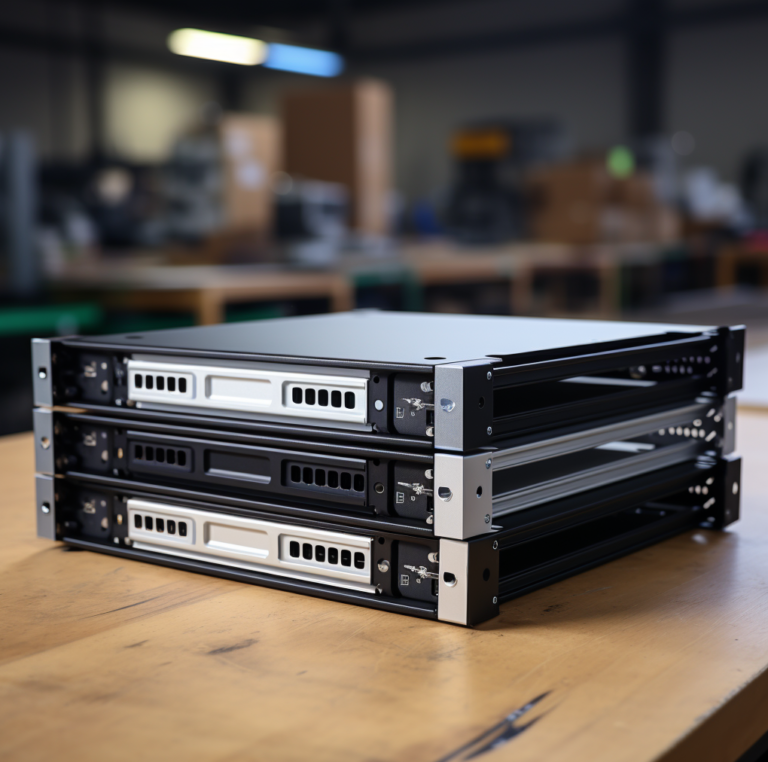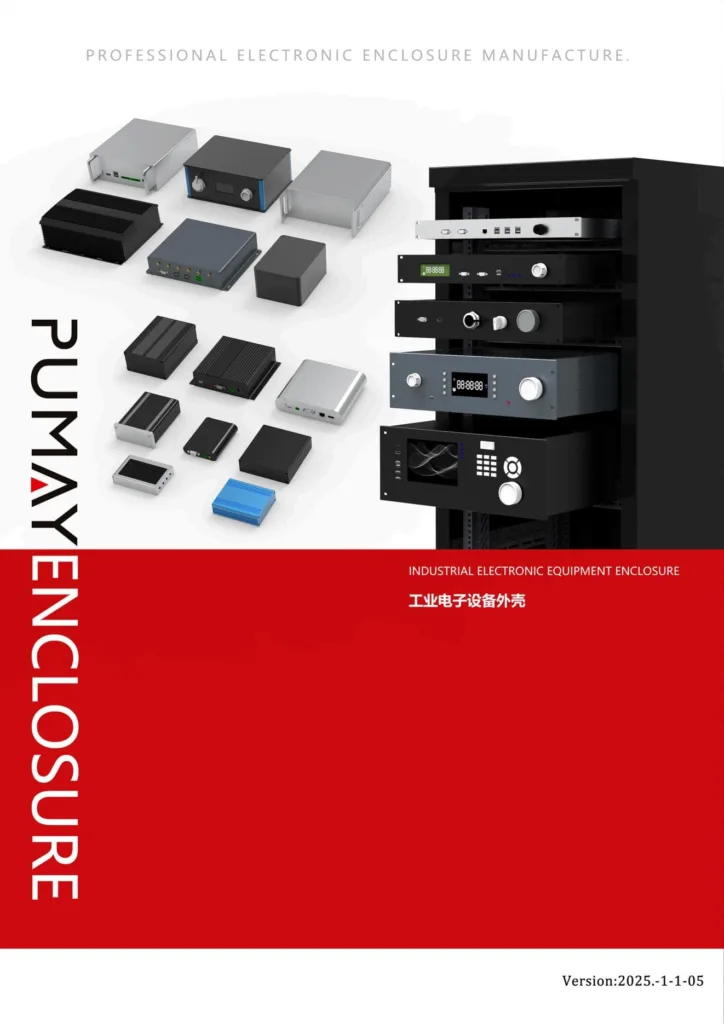Why are aluminum enclosures ideal for industrial automation?

Electronic failures start with poor protection. The right enclosure prevents downtime.
Aluminum enclosures offer thermal control, corrosion resistance, and design flexibility in industrial systems.
Learn why professionals choose aluminum over other materials for reliable automation.
How does aluminum improve thermal management?
High temperatures reduce electronics' lifespan. Poor cooling means frequent failures.
Aluminum conducts heat better than plastic or steel, keeping devices cool and safe.

Heat management options
| Feature | Purpose | Example Applications |
|---|---|---|
| Integrated heat sinks | Radiates heat outward | Servo drives |
| Ventilation holes | Boosts airflow through housing | PLC and sensor modules |
| Thick wall sections | Absorbs and distributes heat | Power distribution units |
I once helped a client reduce equipment shutdowns by switching to an anodized aluminum case with external fins. The system stayed 20°C cooler during summer.
Can aluminum survive harsh factory conditions?
Factories are dusty, wet, and sometimes corrosive. Many materials can't last long there.
Anodized aluminum resists moisture, chemicals, and oxidation far better than painted steel.

Surface protection types
| Treatment | Benefit | Ideal Scenario |
|---|---|---|
| Anodizing | Anti-corrosion and wear | Food automation, marine lines |
| Electrophoretic coat | Uniform finish, weatherproof | Outdoor terminals |
| Sandblasted + anodized | Texture + protection | HMI interface enclosures |
Some clients from coastal areas report zero rust even after 18 months of outdoor use, thanks to our dual-anodized shells.
Are aluminum enclosures customizable?
No two projects are the same. You need flexibility, not just a box.
Aluminum extrusions allow easy length cuts, surface edits, hole drilling, and logo printing.

What you can customize
| Feature | Options Available | Use Case |
|---|---|---|
| Length | Adjustable freely | Sensor boards, rackmount units |
| Surface treatment | Brushed, anodized, sandblasted | Branding, insulation |
| Logo | Laser, silk-screen, UV print | Serial numbers, company logos |
| CNC holes | Custom cutouts, screw patterns | USB ports, cable exits |
A recent automation OEM needed 300 enclosures, all with 5 precise ports. We delivered a CNC-drilled, black anodized version with their logo — no secondary processing required.
Where are aluminum enclosures most useful?
Aluminum's strengths match many automation needs — from data processing to motion control.
Use aluminum in control systems, power drives, robotics, and sensing environments.

Application breakdown
| Field | What Aluminum Offers | Product Type |
|---|---|---|
| Control units | EMI shielding, thermal regulation | PLCs, control boxes |
| Robotics | Lightweight, vibration-resistant | Arm enclosures |
| Power drive systems | Heatsinks, safe grounding | Inverters, drives |
| Sensors | Precision machining for ports | Measuring devices |
Automation is unforgiving. These use cases prove that aluminum is often the only reliable long-term housing choice.
Why work with PUMAYCASE?
A great enclosure isn't just about aluminum. It's about service, precision, and flexibility.
PUMAYCASE delivers expert customization, fast shipping, and global quality standards.

We offer:
| Advantage | Details |
|---|---|
| Wide product lines | From waterproof (IP68) to amplifier enclosures |
| Drawings & samples | DWG/STEP files + custom CNC previews |
| Quality certifications | CE, RoHS |
| Packaging | Bubble-free, pearl cotton, separated layer shipping |
| Global support | Serve Canada, EU, SEA, and US |
We once fulfilled a 500-unit emergency order for a customer in Ontario — delivered in 12 days, ready for final assembly.
Conclusion
Aluminum enclosures ensure stable, protected, and customized housing for automation systems.





